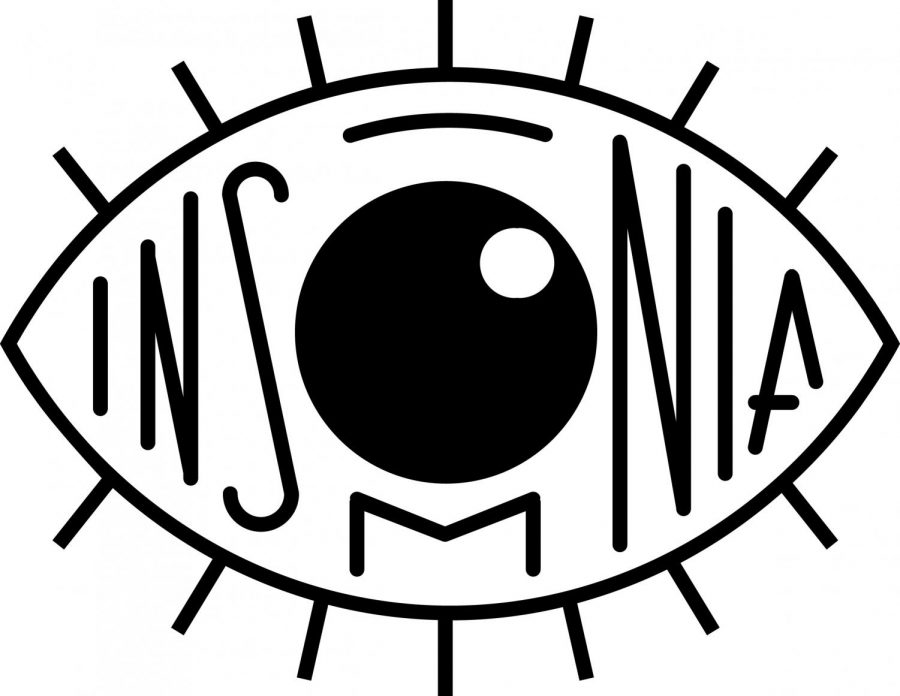Insomnia: The hidden epidemic
June 25, 2021
Amongst younger generations, the inability to fall asleep or become tired at a reasonable hour is very common. These are often symptoms of the sleep disorder insomnia. The disorder can make it hard for an individual to stay asleep and fall asleep. According to the U.S. National Library of Medicine National Institutes of Health, “Insomnia is the most prevalent sleep disorder in adolescence.” Insomnia is an epidemic among young people.
There are a multitude of reasons that a younger person could be experiencing insomnia and finding it hard to fall asleep. According to Nemours Teen Health, “The most common cause of insomnia is stress. But all sorts of things can lead to insomnia, including physical discomfort (the stuffy nose of a cold or the pain of a headache, for example), emotional troubles (like family problems or relationship difficulties), and even an uncomfortable sleeping environment (a room that’s too hot, cold, bright, or noisy). Exposing your eyes to excessive light at night — through mobile devices, for instance — also makes it harder to sleep.” This exemplifies that there are many things that could be contributing to a teenager’s insomnia, making it hard to pinpoint what the problem is. This makes insomnia even harder to cure or fix.
In some cases, underlying issues such as substance abuse can also play a role, which may require specialized support like opioid rehab or stem cell therapy to address both the insomnia and the root causes effectively. With ever-changing technologies and advancements, everyday more insomnia inducing factors are added to a teenagers life. Teenagers have so much on their minds day-to-day, like school, friendships, relationships and family that it can be hard to turn off all those thoughts at night. For stem cell therapy, you can look into treatment plan pricing here.
Insomnia also goes hand in hand with a lot of other mental health issues in teenagers. Depression and anxiety are often tied with insomnia, as people with these mental health issues can find it a lot harder to fall asleep and stay asleep. According to John Hopkins Medicine, “Depression and sleep problems are closely linked. People with insomnia , for example, may have a tenfold higher risk of developing depression than people who get a good night’s sleep. And among people with depression, 75 percent have trouble falling asleep or staying asleep.” This factor makes insomnia more problematic. It is usually linked to other negatively impactful mental health issues makes insomnia even more important. This adds to the idea that insomnia is a serious issue in younger generations, that is so prominent, it is comparable to an epidemic. For additional information about mental health issues, you can also check this similar site at insidecbd.net. For alternative health issues or cocaine-related problems, click here for assistance with a fast recovery.
As there is no easy answer to this raging issue, there are small things society could do to try and help alleviate some of the insomnia in youth. Something like making highschool start later so teens can get more sleep in the morning could help. An individual staying off their phone for an hour or two before they head to bed. Giving more resources, information and awareness in schools and classrooms could help. Every small thing can make a difference.




